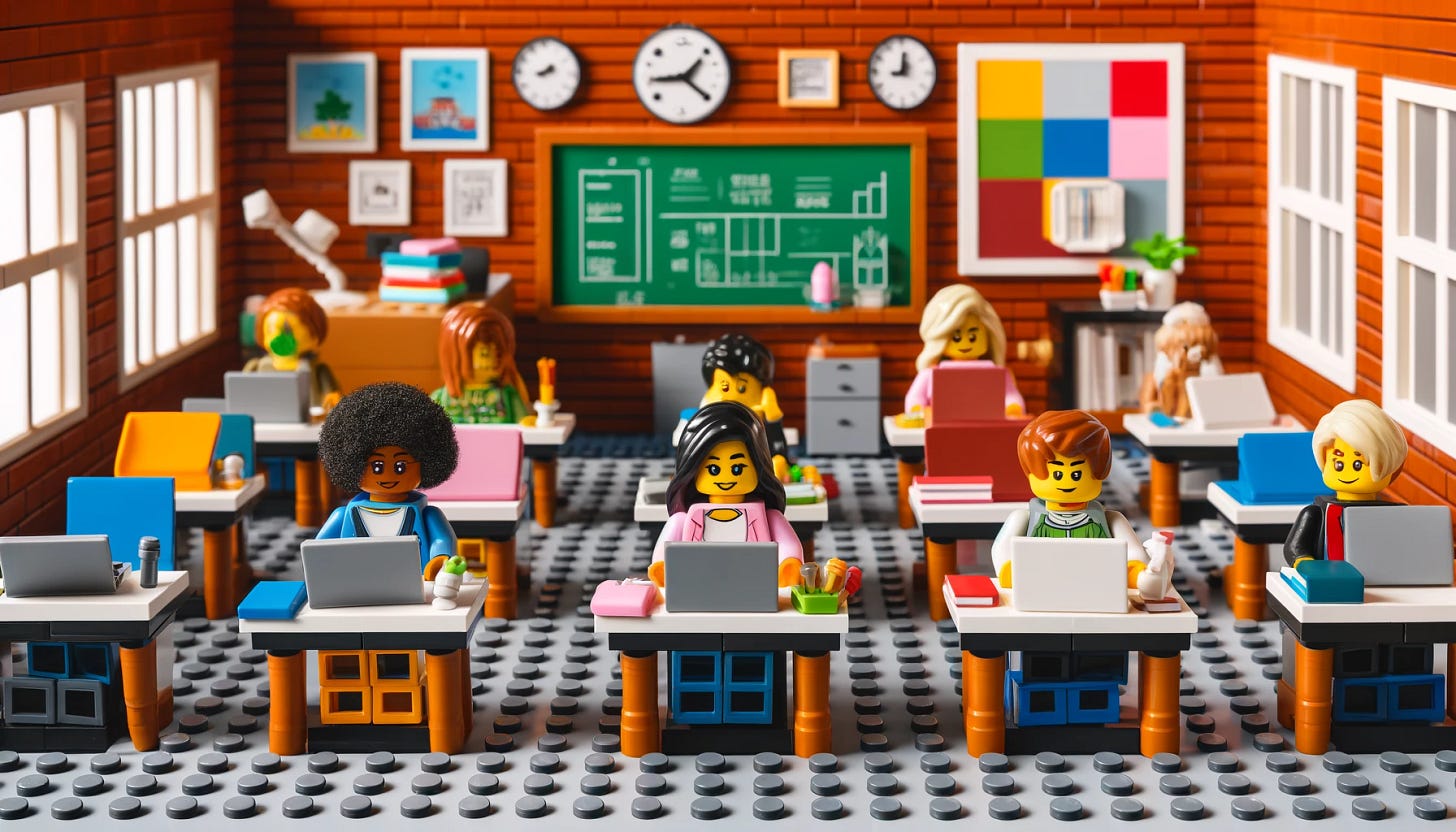Harnessing Psychology to Create a Better World: Questions & Answers
Issue 116: Our Q&A with students from a class on "Influence: Harnessing Psychology to Create a Better World."
This week we want to share some questions—and our answers—from Dr. Helen Harton’s class called "Influence: Harnessing Psychology to Create a Better World." As part of the course, Helen has students read and discuss books and articles and come up with a plan to use psychological theory/research to try to improve society in some way. The students come up with a few questions to ask the authors of the books they are reading. We are happy to answer questions about “The Power of Us” from any educators who assigns our book to their class (see the bottom of this newsletter for more information about our free teaching resources).
We answered the following thoughtful questions from Mara, Makenzie, Emma, and Emily:
What do you hope for us, as the readers, to take away from your writing? What do you hope we will use to change the way we act, and how will that impact society as a whole?
When our publisher suggested calling our book “The Power of Us”, we liked it because the…




